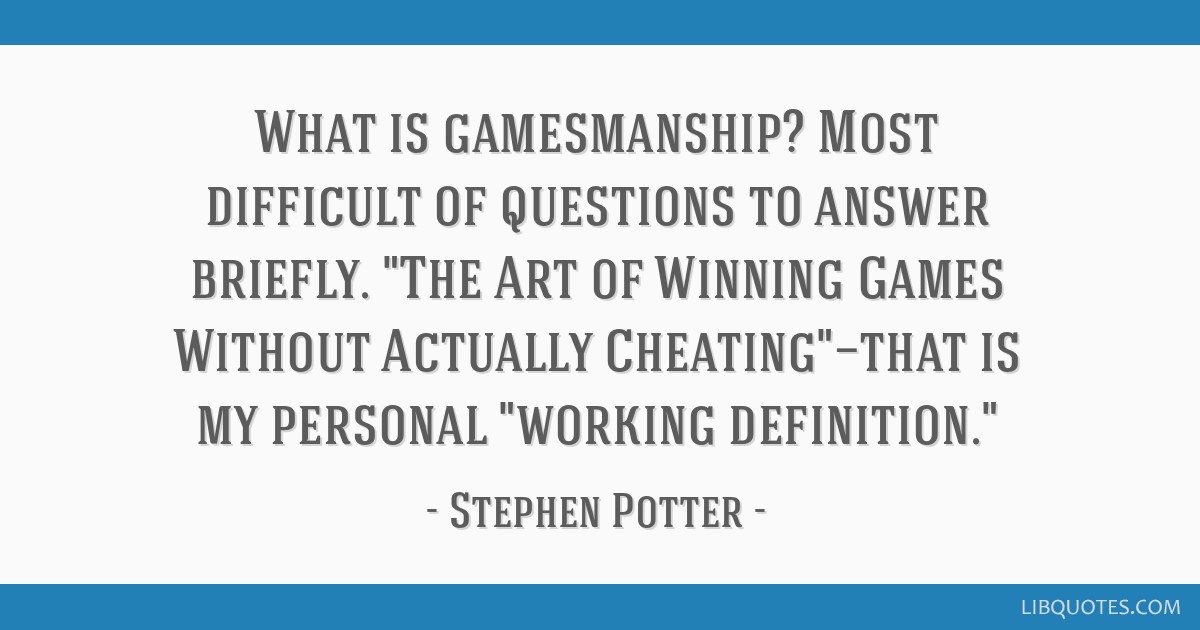This is a sticky one, frankly. If you want to win a game of Diplomacy what isn't allowed? Some of the stuff that isn't allowed should be obvious and I've discussed much of it in previous posts in this series. That leaves things that you can do to win that are questionable and, in the final analysis, come down to personal choice.
How far are you prepared to go to win at Diplomacy? That is probably what defines whether you think something is "gamesmanship" or not, and whether you think it is acceptable.
How far are you prepared to go to win at Diplomacy? That is probably what defines whether you think something is "gamesmanship" or not, and whether you think it is acceptable.
Slow Play
Some players in the online game are what I call Pussycats. They want to play as quickly as possible and they want to move the game on. Some will hassle through Public Press. "Has everyone finalised yet?" "Who hasn't finalised?" "Come on - FINALISE!!!"
Now this, itself, is something that becomes annoying. If you join a game with certain deadlines, you need to expect to play to those deadlines. If you don't like that, stick to short deadline games. Stay out of those with longer deadlines. Simple.
The counter to this, and one I admit I've used occasionally, is to deliberately slow play down. Where I would normally have finalised my orders, being ready for the game to move on, I don't. I'm not proud to confess this... but if you're going to press faster play again and again, then I'm going to do something that frustrates you.
This is gamesmanship on my part. It's deliberately causing another player to become frustrated. If she's focusing on this, then she may not be focusing on her play. That's going to be good for me. Although, actually, if she's a player who wants to rush through games and keep messaging to a minimum, then she's probably not much of a problem, anyway.
There's no doubt, though, that this is questionable play on my behalf. If I'm ready to move on, then I should move on... and I usually do. It's polite, after all. But I'm not worried about slowing games down to annoy someone if I can get an advantage over them.
Pulling the Trigger
There are some players out there who will look to deliberately annoy another player by triggering her anger over something. This might be from using language the player doesn't like, name-calling, etc to deliberately winding the player up.
Personally, I don't think I've ever done anything more than being annoying in Public Press. I haven't been abusive in a game through messages, and only mildly abusive in Press. I can only recall doing this a couple of times, once comparing Germany's success in the game as it being like him pissing over Europe and his allies (it was on Playdip where Germany is coloured gold; not as funny as I thought I was being, in retrospect).
I draw the line at being offensive, personally, because I'm not a Trump clone. Others don't. That's up to them. Frankly, if someone is being abusive towards me, especially when they're clearly annoyed, I'm happy because I generally know what they're going to be doing on the board. No need to be paranoid if a player is pissed at you... you know what's coming!
Holding out on ending a game
More often than not a game of Diplomacy will end in a draw. There comes a point when, if you have some experience of playing Dip, you'll recognise this. Perhaps the stalemate lines have been blocked up. Perhaps the two sides, be it a Grand Alliance against a potential soloist, or two opposing alliances, have reached a deadlock where no player on either side can afford to change something without potentially losing.
Not everyone in the game will recognise that the game is over at the same time. Someone who is closing in on a solo, for instance, will want to make sure she's done everything she can to break the alliance facing her, or to sneak into the missing couple of SCs. That's normal.
The problem becomes when the game is clearly stalemated or deadlocked. The two ideas are different. A stalemated game is one where neither side can make any progress, often because the stalemate lines have been drawn. A deadlocked game is one where neither side will give any ground and won't risk breaking the alliance of giving anything away.
The issue is that every surviving player has to agree to a draw in Diplomacy. If one player refuses to accept a draw, then the game can potentially go on indefinitely. This may be because the game's deadlocked but one player won't accept this. It may be that one player simply refuses to draw the game while another is involved in the draw.
The worst practice is when a player is within reach of a solo, perhaps one to three SCs away. Despite the fact that she isn't going to get it because the game's deadlocked, she won't agree to the draw. What she's hoping is that one of her opponents will make a mistake, perhaps miss a deadline or drop from the game.
In these situations, a GM or moderator should be stepping in and ending the game. Perhaps nothing significant has happened over a period of time and is unlikely to happen. Often draw proposals will have been offered and voted down. The game is dead but being kept alive for poor reasons.
This really isn't acceptable. While it's legal, it's a poor outcome. End the game.
Forwarding Messages
Oh, the controversy.
This is something many players don't like. It's when one player takes the message you've sent her and forwards it to somebody else. Apparently, I'm told, in the wider hobby it's frowned upon.
However, it isn't difficult to do in any form of play. Obviously, in FTF play, the message is being passed on verbally so recipients are probably more sceptical. But info can still be easily passed from one player to another.
In any form of play where messages are written, it isn't difficult at all. Letters can be copied and posted on, or simply sent on without being copied. Emails, of course, can be forwarded or even blind copied.
In-game messages online can be forwarded on at least one site that I know. Forum messages can be quoted and sent on.
However, as a recipient of such electronic messages, I would be asking myself just how much I can trust the message. Has it been altered before forwarding? It isn't difficult to do.
The problem lies in an implied privacy between messagers. If I send you a message, and only you, that message is meant for you alone. If you pass that message on, then you've broken the privacy of my messages.
In most cases, this is something I should perhaps be expecting. If I tell England I'm going to stab Italy, what is stopping England from letting Italy know? Nothing. It's something I need to consider.
If England is able to forward the message, however, it means that my message is being sent on with an added authenticity. Look, England is saying, this is what he actually wrote! Italy may suspect that England has manipulated the message ins some way but she may also accept it verbatim.
For me, it isn't too big a problem. I can see how it makes players extremely anxious about what a player is might forward, and it may prevent any real strategic discussion, but there is the other side of this: Italy should also be thinking that, if England has forwarded this message, she's just as likely to be forwarding my messages! Is this the kind of player I want to be discussing things with? Is it the kind of player I want in my game?
Forwarding messages causes some players headaches, which means that they may not play in the way they would like. For me, if I'm talking specific strategy, then I'm only doing that with a player who I feel has more to lose from betraying me than in practising restraint.


Comments
Post a Comment
What do you think?